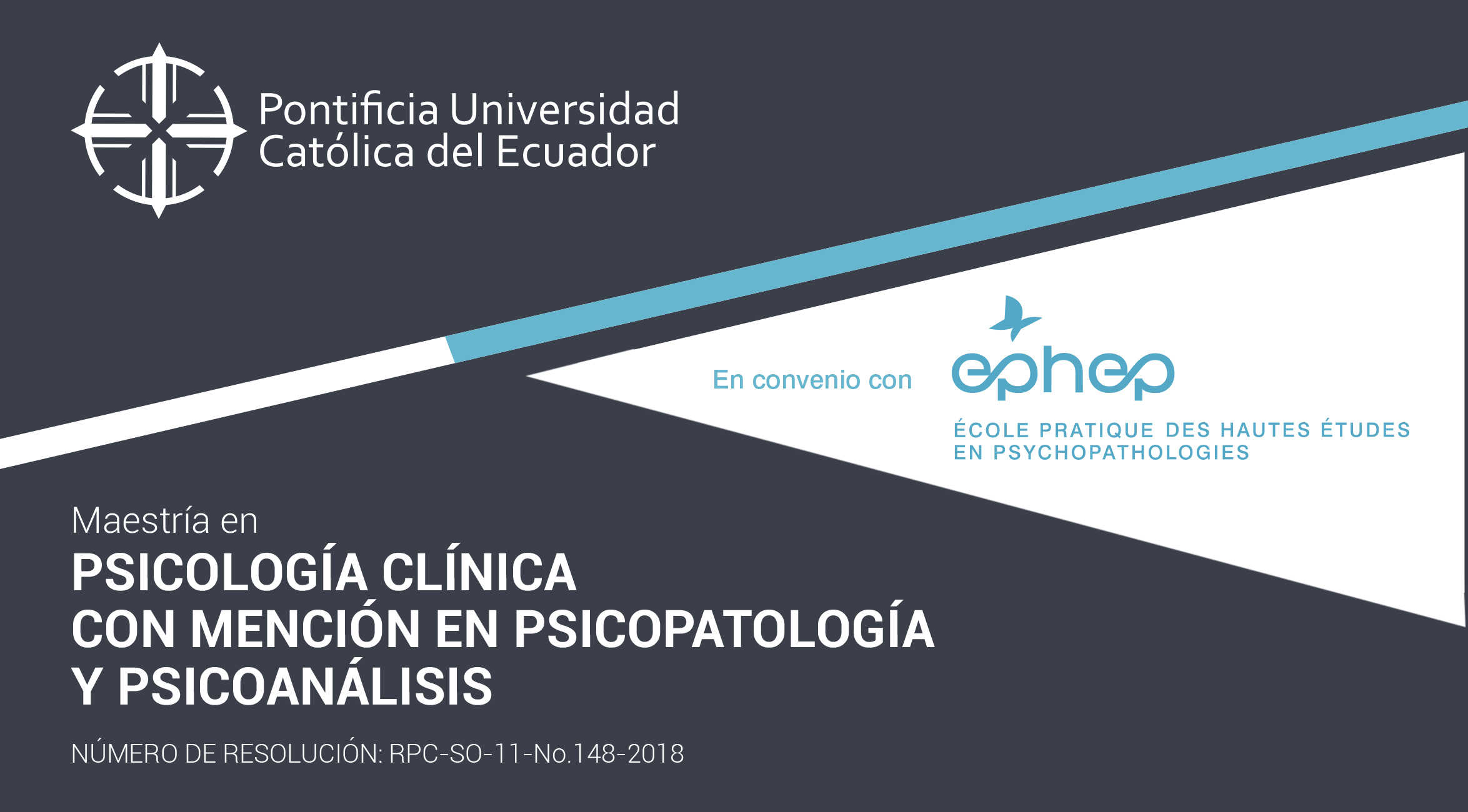This is our third and penultimate seminar for this year. Next time, I’ll assign you a bit of reference work. You will summarize one of the authors whose work, in your view, seems necessary when thinking about melancholy from one of the four angles we’ve been discussing: passion, temporality, affect, or Freudian psychopathology (although I should warn you that Freud will take more time).
Psychoanalysis
Nous souhaitons que les travaux des enseignants de l'EPHEP soient accessibles au plus grand nombre de lecteurs de ce site, qui ne sont pas toujours familiarisés autant qu'ils le voudraient avec la langue française. Dans ce cadre, nous mettons à leur disposition un certain nombre de textes, portant sur la psychopathologie ou la psychanalyse, ou encore sur de grands problèmes soulevés par la psychiatrie classique. Nous ne pouvons, en effet, dénoncer les classifications internationales sans présenter à nos lecteurs les moyens de les critiquer.
J-J.Tyszler : The history of melancholy - 2
Today, we shall study a particular term and its history from the perspective of medical and psychiatric training, one that has sadly disappeared from the nomenclature. Indeed, what we now call “mood disorders” (troubles de l’humeur) used to be called “melancholy.” As a side note, it’s worth pointing out that we tend to use the term “mood disorder(s)” without much reference to the wider situation of “moods ”(humeurs) in general. It is in this context that the disappearance, indeed the mourning (le deuil) of certain words and ideas should be understood – like “melancholy,” “mania” or even “manic-depressive psychosis.” Nowadays we use terms that have far weaker historical references.
J-J.Tyszler : The history of melancholy - 2
J-J.Tyszler : The history of melancholy - 1
The theme I’ve chosen to evoke here demonstrates certain terminological changes in mental health. The term “melancholy” has disappeared from the vocabulary of illnesses, replaced now by “depression” or “bipolar disorders.” During the next few sessions, I’ll attempt to show you some of the difficulties we clinicians experience today regarding the signifiers that enable the transmission of psychopathology. This is a crucial point, and as students you should really get a sense of this evolution, in terms of casuistry, nosography, taxonomy. Words have changed tremendously, and in so doing, they’ve lost much of their flavor. For instance, since the term “depression” is now used to refer to extremely varied states, frankly, the word has lost its meaning – and its pertinence.




